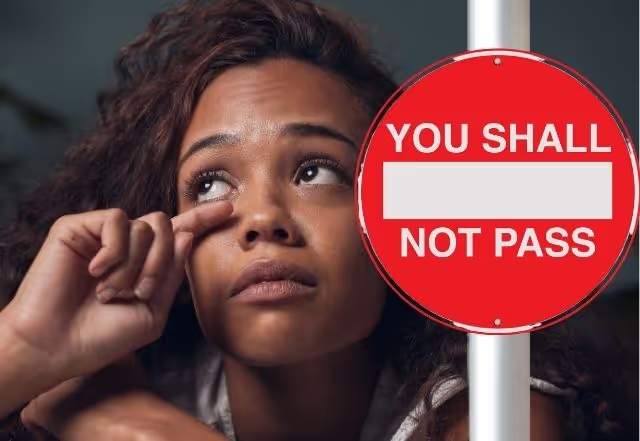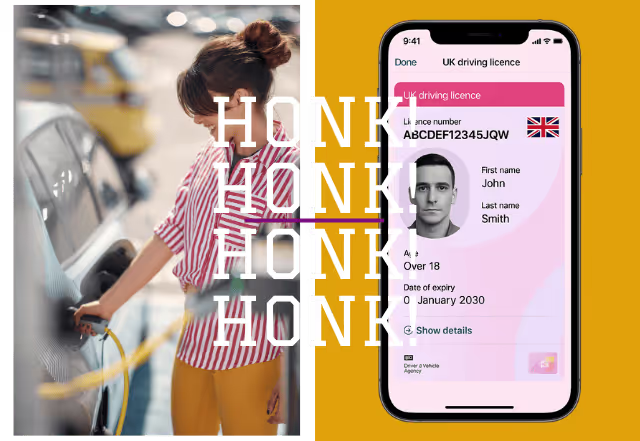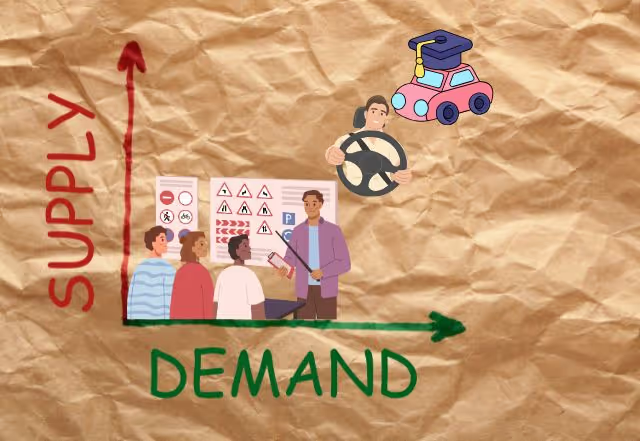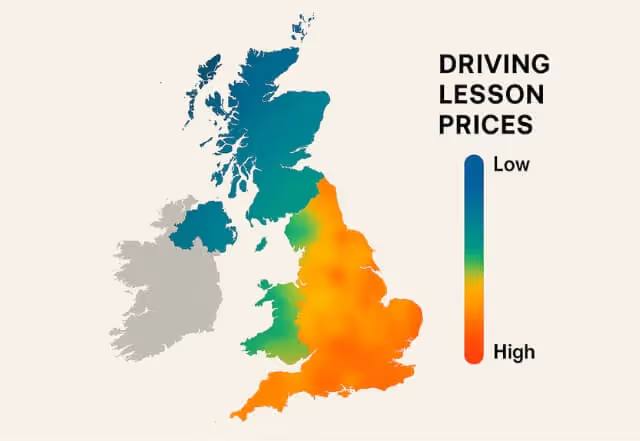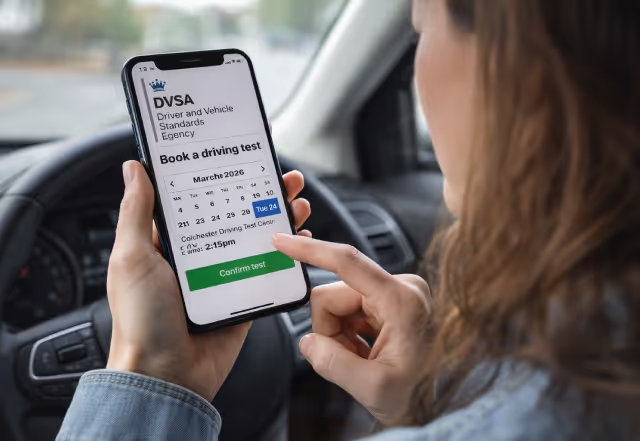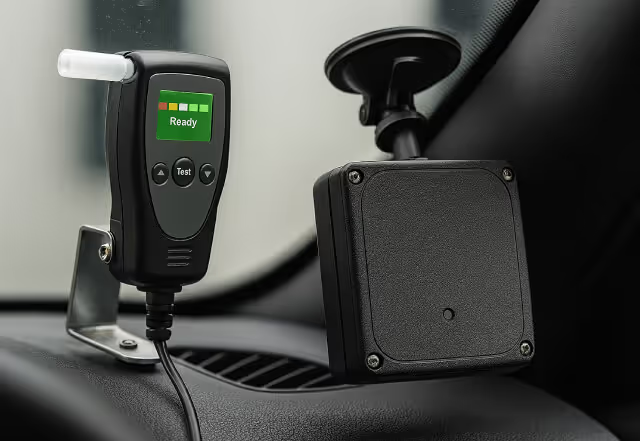So, you’ve had lesson after lesson. You’ve practiced, stalled, reversed around corners, and somehow mastered parallel parking without crashing. Now, you’re ready to take your driving test, right? Well… maybe not, according to your instructor! If you’re wondering why they seem to be holding you back, don’t worry. You’re not alone – and there’s a good reason for it.
In this blog, we’re diving into why your instructor might be pumping the brakes on your test day dreams, and what you can do to finally earn that ‘test-ready’ nod. Let’s go!
1. The Truth About “Test-Ready”: More Than Just Luck and Guesswork
It’s Not Just About Passing
Your instructor isn’t just trying to keep you in lessons for fun (or cash); they genuinely want you to be safe and skilled on the road. Here’s the deal: being “test-ready” doesn’t just mean you can get lucky on a test day. It’s about being a confident and safe driver who can handle real-life situations. From surprise pedestrians to tricky road conditions, your instructor is making sure you can manage whatever the road throws your way.
The High Stakes of Failing
In the UK, driving tests can be stressful and expensive. Failing is not only a blow to your confidence but can also be hard on your wallet. If your instructor thinks you’re not ready, it’s because they want you to avoid the frustration of having to retake the test – multiple times. It’s like going on a rollercoaster: you don’t want to ride until the seatbelt is securely fastened!
2. The “Common Mistakes” List You Might Still Be Making
Let’s be real – driving involves more than just keeping the car moving. Here’s a rundown of common mistakes that could be holding you back, even if you feel ready:
- Hesitating at Roundabouts: Navigating roundabouts can be tough, especially during rush hour. Hesitate too long, and you’ll end up disrupting traffic – and your chances of passing!
- Mirror, Signal, Maneuver (MSM): It’s drilled into your head, but when nerves kick in, it’s easy to forget. Skipping or incorrectly timing your signals is a sure way to lose points.
- Speed Control: Keeping a steady speed is trickier than it sounds. Going too slow can be as dangerous as speeding. Your instructor needs to know you can handle the gas pedal with finesse.
- Observations: Observing all around you, not just what’s directly in front, is crucial. Miss a pedestrian or a cyclist in your blind spot, and your test is as good as over.
Master these areas, and you’ll start to feel a big difference in how “test-ready” you actually are.
3. How Driving Instructors Decide If You’re “Ready” for the Test
Instructors are like experienced coaches. They know when a player (that’s you!) is ready to take on the competition. So how do they know? Here are a few factors that instructors look for:
- Consistency in Skills: Can you handle the basics without any help? Instructors want to see that you’ve got each maneuver, from parking to emergency stops, under control – every time.
- Handling Pressure: The test environment is intense. Your instructor will look for signs that you can stay cool even when they throw unexpected challenges at you.
- Adaptability on the Road: Are you responsive to what’s going on around you? Roads are unpredictable, and instructors need to see that you can adapt to anything from a sudden stop to a detour.
In short, if your instructor feels you’d pass with flying colors on most days but fail on a day you’re just “a bit off,” they’ll likely hold you back for a bit more practice.
4. How to Have “The Talk” With Your Instructor
If you’re ready to take the test (or think you are), it’s perfectly fair to bring it up with your instructor. Here’s how to approach the conversation without ruffling feathers:
- Ask for Honest Feedback: Politely ask your instructor for a breakdown of the skills you still need to work on. Getting a list of specifics can give you clear, actionable goals.
- Set a Timeline: If you’re keen to get your license ASAP, ask for a rough timeline. Many instructors will happily create a target date for you once they see you’re serious about improvement.
- Request a Mock Test: A mock test can be an eye-opener. Many instructors will simulate the test experience so you can see exactly where you stand – and they can help you focus on the last areas you need to improve.
5. Practical Tips to Speed Up the “Test-Ready” Process
Want to get your instructor’s approval ASAP? Here are a few tips to make it happen:
- Practice Between Lessons: If possible, practice with a family member or friend who’s an experienced driver. Extra practice makes a massive difference.
- Perfect Your Weak Spots: Are roundabouts your weakness? Hate parallel parking? Spend extra time on these areas. Your instructor will be more likely to recommend you if they see you’ve nailed your weakest areas.
- Stay Calm Under Pressure: Practice mindfulness or deep-breathing techniques before your lessons. Staying calm and confident in lessons shows your instructor you can keep cool under test conditions.
- Book Lessons at Different Times of Day: Traffic varies at different times, so try practicing in the morning, during rush hour, and at night. It’ll show your instructor you can handle diverse road conditions and boost your confidence too.
6. Celebrate Small Wins Along the Way
Learning to drive is no small feat, so celebrate your progress! Each lesson brings you one step closer to independence, freedom, and that sweet, sweet moment when you can finally go for a drive on your own. Remind yourself that the wait – and the effort – will be worth it.
Conclusion: Keep Going – You’ll Get There!
It’s frustrating to be held back, but remember that your instructor wants you to pass once and for all. They’re not just trying to delay things. They’re helping you avoid disappointment and build up the skills you need for life on the road. So, keep practicing, stay focused, and know that your test day is on the horizon.
Final Tip: Listen to your instructor, trust the process, and keep your eyes on the prize (the prize is the driving license of course). You’ve got this, no matter how difficult it may seem now!
